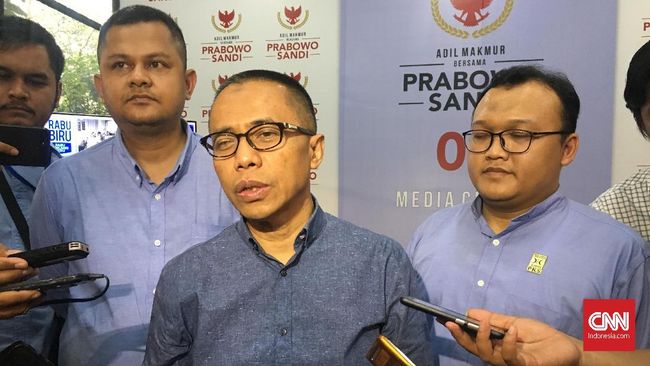In 2023, the ruling regime in Russia maintained stability and demonstrated its resilience even in the face of unexpected upheavals. In Russia, work to prevent potential threats continued – growing repression further neutralized society and the opposition, increased state control over private military companies, and stabilized the economy, the report says.
However, the consequences of Russia’s protracted war in Ukraine, as well as the resistance of Ukraine and Western countries, are still being felt. Some of the implemented solutions, especially in the economy, are not sustainable. Tensions are increasing in society and, although there is no active preparation for a change of power, discussions about “life after Putin” have intensified in the Russian elite, SAB concluded.
Over the past year, Russia’s ruling regime has taken aggressive steps against any form of political opposition and independent media, changing laws and expanding the freedom of action of Russia’s security agencies. The possibility of mass protests has significantly decreased. Broadly interpreted and applicable laws allow the Russian authorities to freely crack down on the slightest expression of criticism of the regime and its policies.
It is also unlikely that the Russian elite could actively turn against Putin. In general, there is no widespread dissatisfaction with the war, its consequences and Putin among the Russian political elite.
“The pragmatic trend is much more pronounced – the war creates new opportunities to improve one’s position and increase access to resources. For example, the bans imposed on foreign companies and banks open up new opportunities for the elite close to the Kremlin to take over companies and banks from foreign owners on particularly favorable terms, thereby at least partially compensating the Western country sanctions affect the resulting losses,” the report says.
Likewise, active involvement in solving issues important to the Kremlin, such as mitigating the impact of economic sanctions and saving the Russian economy, allows to increase, if not the influence, then at least the importance.
In the short term, Russia has also managed to soften the impact of the war and Western sanctions on the Russian economy, avoiding economic collapse and adapting to the new reality. High energy prices have been able to ensure financial stability, while war-related spending has fueled economic growth.
The Russian economy is currently considered quite stable and robust. Its stabilization has been made possible by relatively high oil and gas prices, which make up about a third of Russia’s budget revenues, as well as Russia’s partners in the Middle East and Asian regions as import and export markets. The Russian military industry is also important, which helps to maintain the economy, concluded the Latvian special service.
This happens at the expense of the state budget, with war-related expenses reaching as much as 9% of GDP. In SAB’s view, these measures are expected to exacerbate the structural problems of the Russian economy in the medium and long term. Russia’s manufacturing and natural resource extraction industries depend on Western technologies, but access to them is difficult under sanctions. An additional limiting factor is the lack of skilled labor.
Economic development requires structural reforms that are not possible due to political considerations. Prioritizing the needs of war in the economy deprives resources for other needs, which can contribute to the primitivization of the economy.
In SAB’s assessment, an economy integrated into the global economy and controlled by the state will not collapse in the short term. It is important that the Russian state budget confirms its readiness to win the war against Ukraine, however, increasing stagnation and economic dependence on China are expected.
The tension created by the consequences of the war is also noticeable in the Russian society, which has to live with the increasing repression, the coming of the war in Russia, the consequences of mobilization and sanctions. At the same time, the apparent boundaries have disappeared in mutual struggles within the Russian ruling elite, according to SAB.
If previously the internal struggle was mainly limited to public scandals and criminal accusations, allowing the state to maintain a monopoly of power/force, then in the new reality the internal struggles for power of the elite can escalate to the involvement of military personnel and combat equipment.
Yevgeny Prigozhin’s military coup in June 2023 was an escalation of internal political tensions and the mutual struggle of influence groups for influence and resources. Although not directed at Putin, the coup was the biggest internal upheaval to Russia’s political system in 20 years and at the same time demonstrated the stability of Russia’s ruling regime.
This demonstrated that the state no longer had a monopoly on power, so after the coup, Russia increasingly focused on institutionalizing private military companies and subjecting them to state control. Also, the rebellion most likely demonstrated the lack of practical tools for the change of power – the rebellion and the government’s hesitation created favorable conditions for the escalation of the situation to a coup d’état, which were not used.
There are also discussions among the Russian elite about life after Putin, possible future leaders and about ensuring their influence in the event of a change of power.
Previously, the intensification of similar discussions could be observed when it was not clear how Putin plans to maintain his influence, for example, before the 2020 constitutional reform. This probably shows that the confidence of the Russian elite in Putin’s ability to protect their interests is decreasing, and this in turn does not mean that there is an active preparation for a premature change of power, according to the Latvian special service.
These factors show that, despite the current stability of the Russian political system, it is almost certain that the ruling regime in Russia will have to face new challenges – economic problems, new unexpected incidents, manifestations of public tension and dissatisfaction, such as the anti-Semitic riots in Dagestan, SAB concluded.
2024-02-19 19:44:00
#Discussions #life #Putin #intensified #Russian #elite

